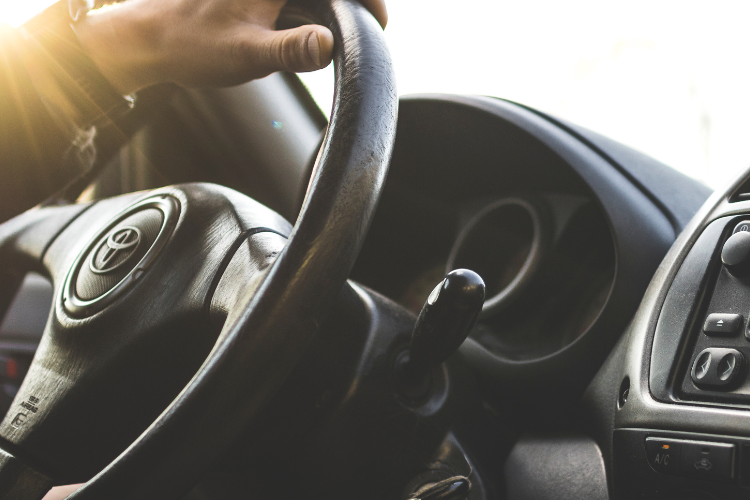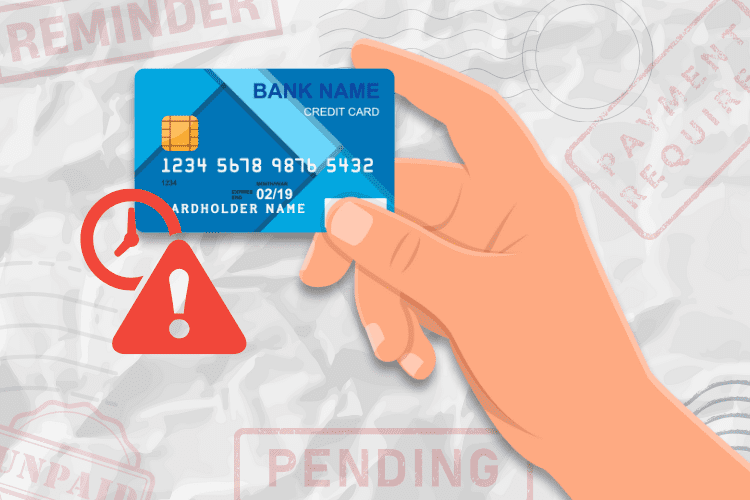3 Toyota Class Action Settlements That You Could Qualify For

Reviewing the latest Consumer Reports, Toyota ranked among the top two in terms of the most reliable used cars. Regarding new cars, Toyota is also a regular in the top ranks among Lexus, Mini, Acura, and Honda.
This is due to Toyota’s “history of conservative redesign,” where they prefer to focus on improving their product line instead of introducing all-new systems that aren’t as reliable as the models age. Unsurprisingly, the Toyota Camry has been America’s most popular mid-size sedan for the past 20+ years.*
However, despite the popularity and reliability, there are bound to be some issues. Here are three open class action lawsuits that we’ve found that you may qualify for now or in the near future.
1. Defective Toyota Air Bag Control Units
The largest of the three current settlements is the $78.5M Toyota air bag control units, which affects current and former owners/lessees of the following models:
- 2011-2019 Corolla
- 2011-2013 Corolla Matrix
- 2012-2018 Avalon
- 2013-2018 Avalon HV
- 2012-2019 Tacoma
- 2012-2017 Tundra
- 2012-2017 Sequoia
You can check your eligibility using the VIN lookup tool.
To find your VIN (a series of 17 numbers and letters), you can see it on the driver’s side door jamb, the driver’s side interior dashboard, your insurance card/policy, your vehicle title/registration, and your engine’s firewall.
The above vehicles could’ve been equipped with defective units that may have prevented the air bags from deploying in the event of a collision, so Toyota has agreed to this settlement and has also been inspecting the recalled vehicles.
If you have paid any out-of-pocket expenses related to the affected airbags, you could receive up to $250 in residual distribution payment. Keep the documentation of the expenses!
There is no deadline yet to submit a claim, but you can check your eligibility on the official settlement site.
2. Toyota RAV4 Battery Settlement
Current and former owners and lessees of 2013-2018 RAV4 vehicles should have been contacted by the battery recall of 23V-734 as of June 25, 2024. Check your VIN on the official settlement site.
Potentially, these SUVs had defective battery terminals, which may have caused drivers to pay out-of-pocket for replacement and repairs. The cars could experience loss of power, stalling, and even fires under the hood.
With this settlement, drivers can get a free inspection and repair reimbursement (up to $75) if it is resolved at a Toyota dealership.
The deadline to submit a claim form is July 1, 2025.
3. Toyota Camry HVAC Settlement
This settlement affects California owners/lessees of 2012 to 2015 Toyota Camry XV50 vehicles as of May 31, 2024. You can check your eligibility using the VIN lookup tool.
If your vehicle suffered from foul odors or mold growth in the HVAC (heating, ventilating, and air conditioning systems) and you paid out-of-pocket to fix the problem, you could be reimbursed for an unspecified amount if the expenses were incurred before May 31, 2024.
If the expenses occurred after May 41, 2024, you can only get reimbursed for up to $100.
Valid claim forms must be submitted by two deadlines, depending on when losses occurred and the model year of the vehicles.
May 31, 2025: For any losses incurred before May 31, 2024, and after if the vehicle models are 2012-2013
May 31, 2026: If vehicle models are 2014-2015
Keep your receipts, repair statements, and/or invoices, as you’ll need them for proof of purchase. When you’re ready to submit a claim, you can do it on the official settlement site.
The Bottom Line
Cars generally depreciate in value once they are driven off the lot and, on average, lose almost 40% over five years.*
Toyotas are known for their exceptional resale value, but it’s still a good idea to keep your car maintained between checkups to help save you thousands of dollars over the lifespan of your car and watch for any official recalls from the manufacturer to ensure your driving safety.
With the cost of living still high, you’ll likely want to keep your car for as long as possible before upgrading to another used or new option!
Read more:










